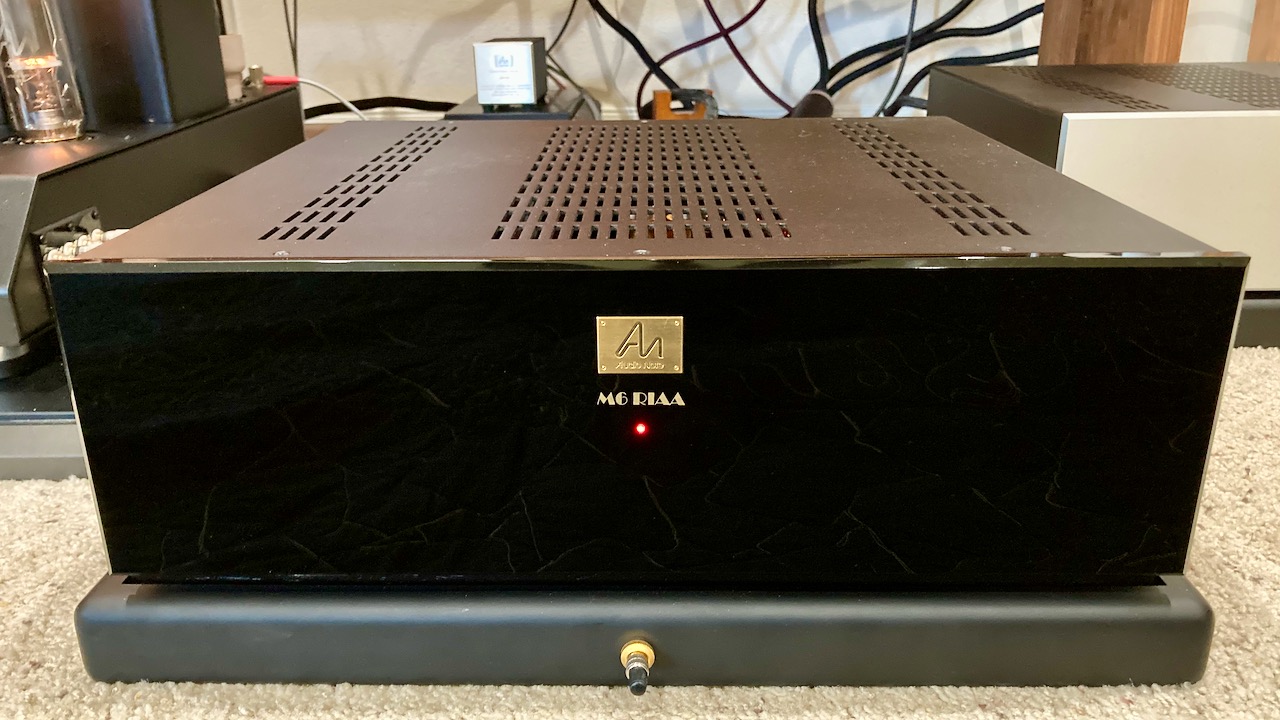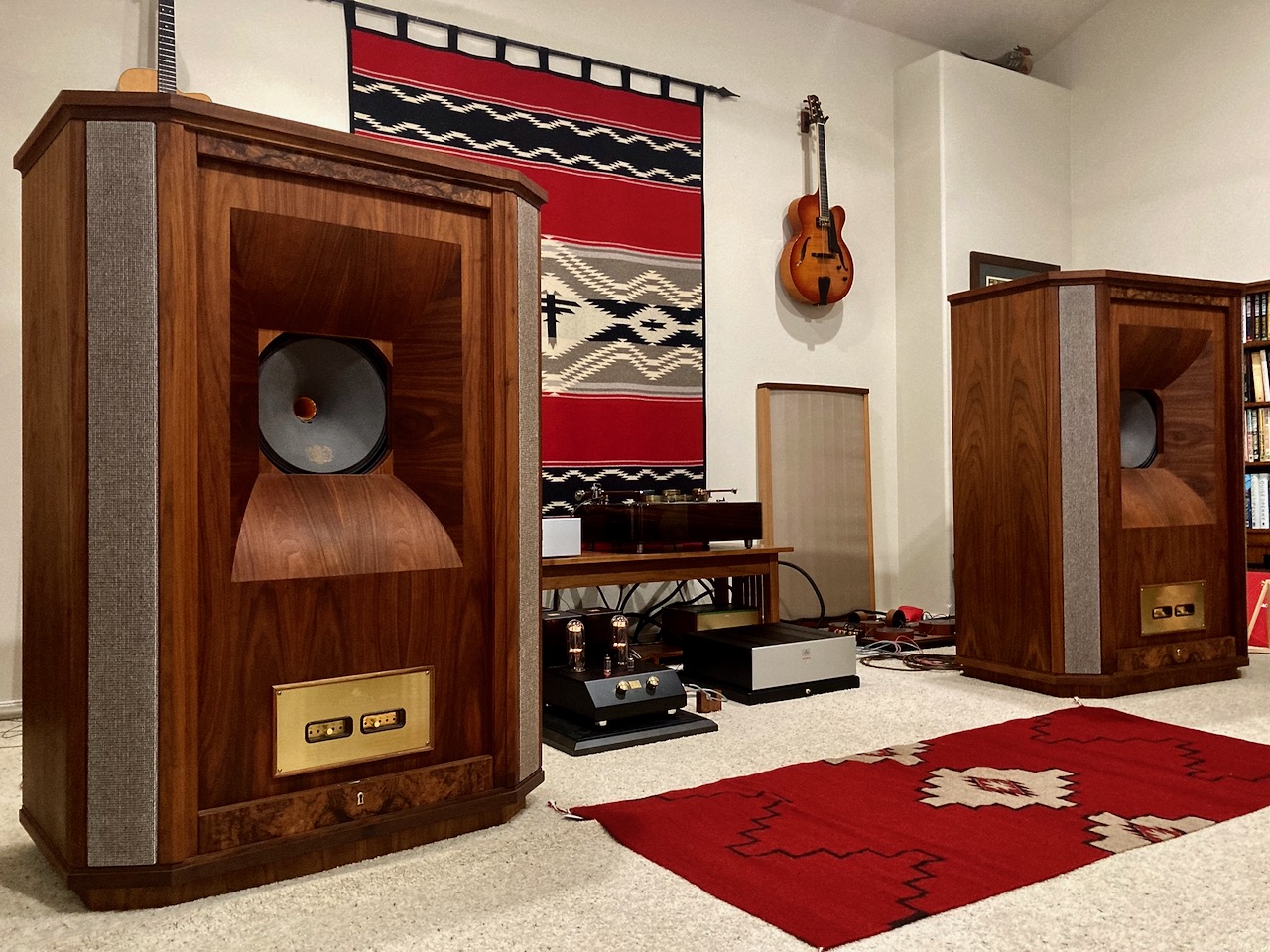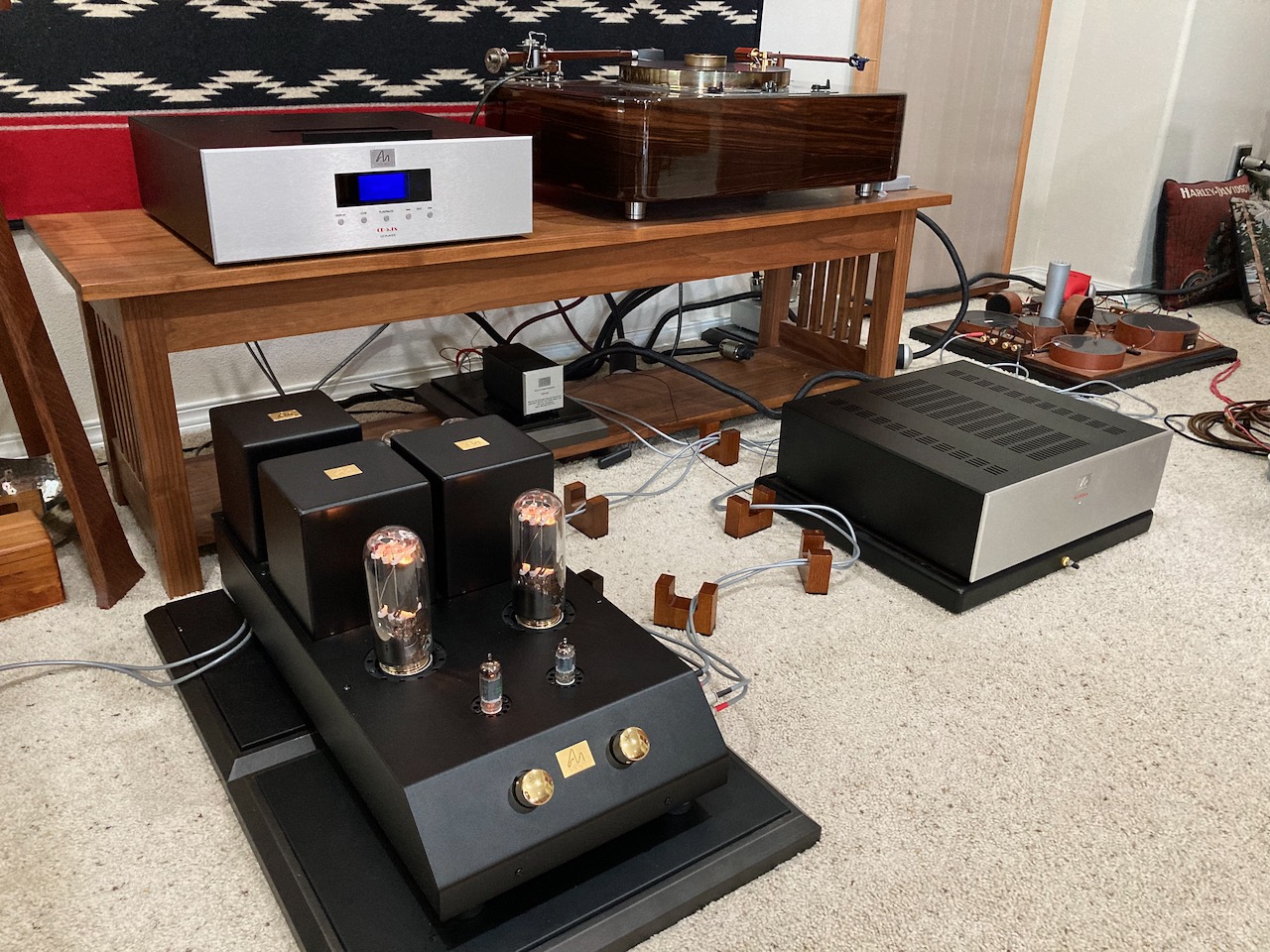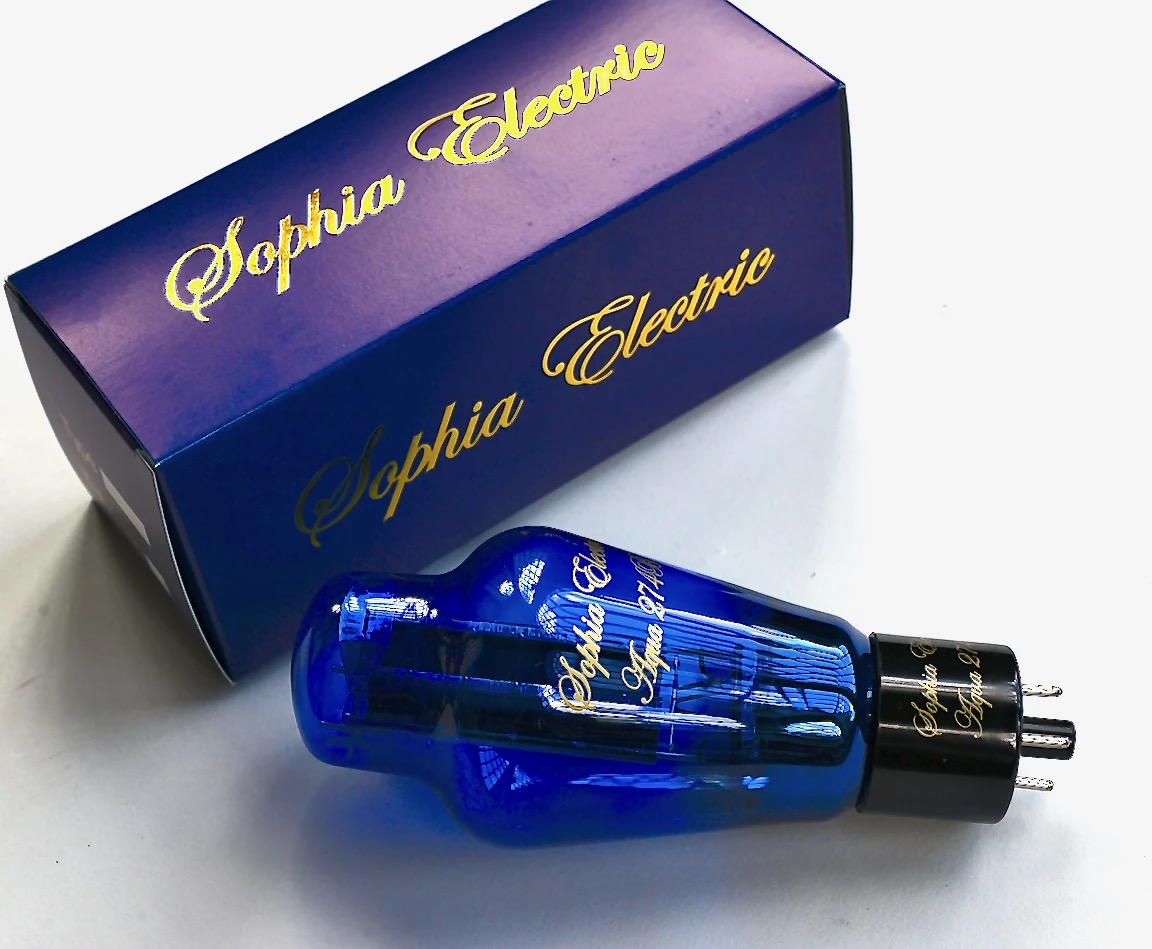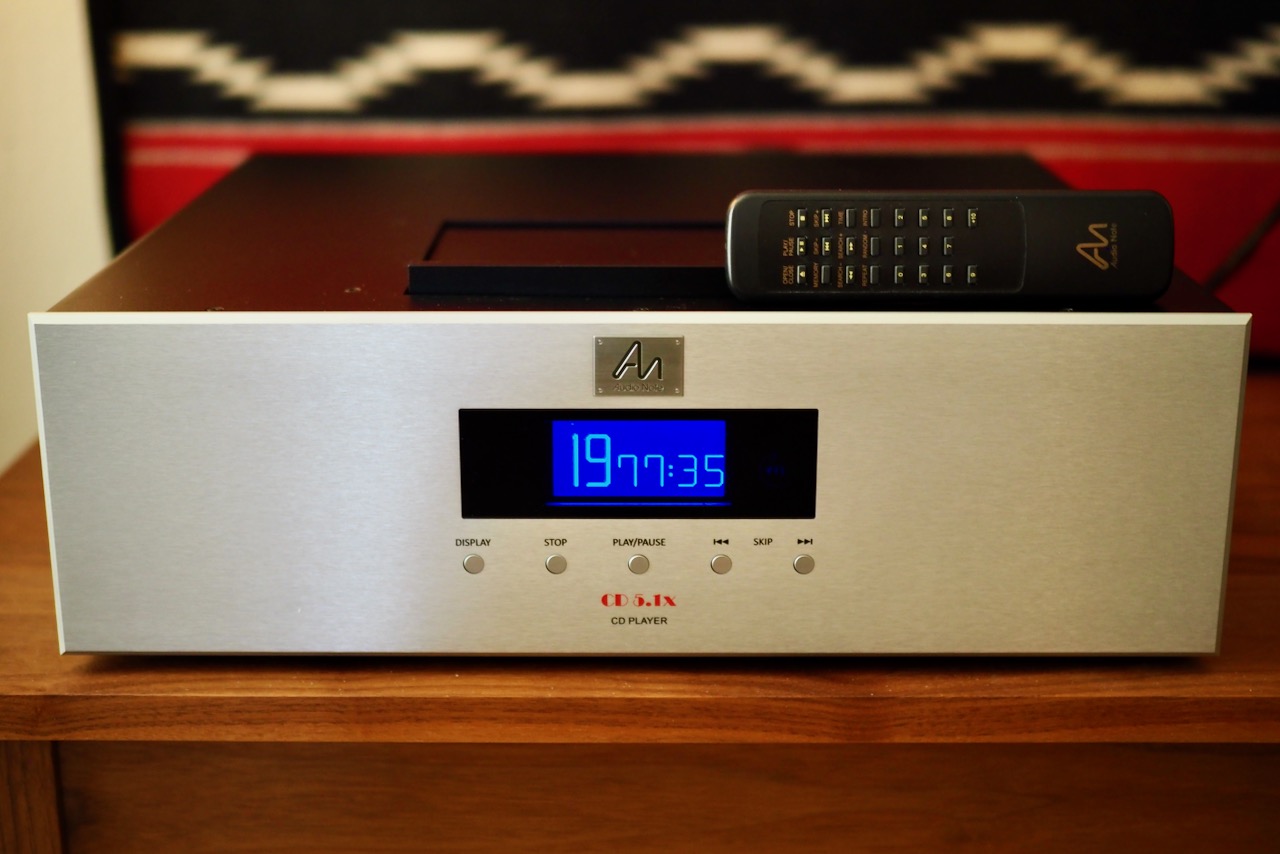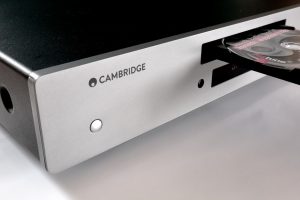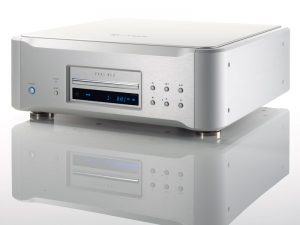In my article about the Audio Note (UK) Oto Phono SE Signature Integrated Amplifier for Positive Feedback (Issue 108 HERE) I discussed how impressed I was with the Oto's performance powering my vintage Duelund-Altec Project "Stokowski" loudspeakers (Issue 105 HERE).
The Oto and Altec-Duelund combination really wowed me with its superb musicality and sonic performance, and its ability to get the best out of the broad range of music I've been listening to.
Long time readers know of my fondness for integrated amplifiers, and the impressive performance they can deliver for the money spent, placing them solidly at the apogee of value in amplification.
Sure, separates can be awesome performance-wise, but it costs a lot more money to go that route, and from the practical standpoint of delivering musical satisfaction, it is hard to beat integrated amplifiers.
So, for the frugal, or for those just entering into the audio hobby, or for those entering into retirement and desiring to downsize, integrated amplifiers are hard to beat.
Integrated amplifiers sound great, generally cost less than separates, deliver a lot of performance for their cost (high value), take up less space, and are generally less expensive to maintain over the long haul.
At the end of the Audio Note (UK) Oto Phono SE Signature Integrated Amplifier article, I mentioned that the Audio Note (UK) CD 2.1x/II Red Book CD Player ($3874 USD) had just arrived (above), and that from my initial listening impressions it was a natural pairing with the Audio Note (UK) Oto Phono Signature integrated amplifier ($6330 USD).
While having a separate transport, digital-to-analog-converter, and the necessary connecting cables, is a popular route with digital aficionados seeking the ultimate in performance for a digital source, the Audio Note (UK) CD 2.1x/II Red Book CD player is the equivalent of an integrated amplifier, with everything incorporated into one chassis.
So, for all those same reasons that integrated amplifiers appeal to me so much—they sound great, generally cost less, deliver a lot of performance for their cost (high value), and take up less space—CD players like the CD 2.1/II also appeal to me.
Some people enjoy experimenting with lots of different components—wine tasting style—as they enjoy the experience of exploring audio components for their own sake, and that's just fine, of course, if that's what you enjoy.
However, some people want less over time. They want to simplify their lives. They want less complexity, fewer components, lower up-front costs, less maintenance considerations, and to just to be able to sit back and enjoy listening to good music with a minimum of fuss.
For those people (including me), it is hard to beat the listening satisfaction that an integrated amplifier like the Audio Note (UK) Oto Phono SE Signature Integrated Amplifier, and a CD player like the Audio Note (UK) CD 2.1x/II Red Book CD player can deliver.
Even early in my listening, it was apparent to me that the Audio Note (UK) CD 2.1x/II was natural sounding and musical, even with no run-in time, and now that it is fully run-in, I want to tell you the rest of the story about the CD 2.1x/II, and I think there is quite the story to tell.
It has been ages since I had listened to a Red Book CD player as a "serious" source, as I have been mostly been listening to vinyl records over the last decade. Over the last decade I had all but written-off Red Book CDs as a viable music medium, as I had just never been able to get Red Book CDs to sound reliably like music with the CD players I have owned or had access to in the past.
After spending time with the CD 2.1x/II, I came to realize that there is a lot more music lurking in those Red Book CDs than I had ever imagined possible, and that it was my CD players that came up short musically and sonically rather than the Red Book CDs themselves, which has been somewhat of a startling revelation for me.
My experience with the CD 2.1x/II has been a real ear-opener, both a music and mind expanding experience, and I have immensely enjoyed revisiting my large Red Book CD collection that I haven't listened to much over the last decade, as there's lots of good music in it that I don't have on vinyl (or was never available on vinyl to begin with).
I've even been buying new Red Book CDs to listen to just to hear them transformed into music by the CD 2.1x/II, something I didn't think would ever be worthwhile for me to do again, and boy was I wrong about that one.
In this article I want to tell you all about the CD 2.1x/II, how it fares musically and sonically with Red Book CDs of all kinds of music from across the various recording eras, ancient to modern.
I also wanted to do a "vinyl test" of the CD 2.1x/II, by comparing its performance to my turntable playing vinyl records, where I have a few of the same albums on both vinyl and CD.
However, before we get into that, I want to take some time to tell you about the founder and driving force of Audio Note (UK), Peter Qvortrup (photo below), whose love of music and audio informs every single product offered by Audio Note (UK).
I truly enjoy telling you about the people of audio as much as I enjoy telling you about the products they offer.
Where did Peter come from? How did Peter get to where he is now? How does Peter see the world? What is Peter's passion? How does all that influence the audio products Peter offers to music lovers and audio enthusiasts?
All of these aspects of a person's life informs who they are and what they do, and in the case of the audio industry, these experiences form the fabric of a person's life and manifests in meaningful ways in the products they offer, which are often a direct expression of their personality, passions, and philosophy about all things music and audio.
Peter's lifelong passion for music, from the earliest acoustic recordings of the 1890s, to the recordings of new music today, informs every aspect of Peter's audio offerings, so that you too can enjoy the soul of the music that you most love to listen to.
Peter Qvortrup of Audio Note (UK)
To use as a source for the details about Peter's background story, Peter sent me a video link of an excellent discussion he had with Karthik Ramanathan, who produced the video "Master Class in Audio - Session 5 - Featuring Peter Qvortrup."
I recommend you watch the video if you haven't yet, as I think you'll find Peter's discussion about music and audio illuminating on many levels, just as I did.
Peter goes into depth about how he got to where he is today with Audio Note (UK), and his thoughts about all things music and audio.
I transcribed what I thought were some of the most relevant, interesting, and entertaining parts of Peter's discussion—with only slight editing—so that I could present to you Peter's story in his own words.
It's a bit of a lengthy read, but the content is so exceptional, as it describes Peter's history growing up in Denmark, his journey in music and audio, the path that led Peter to found Audio Note (UK), and Peter's philosophy about realizing true musical satisfaction from high-performance audio.
For example, Peter discusses how audio equipment should be the servant of the music. Peter discusses how Audio Note (UK) designs every component part from the ground up—from source to loudspeakers, and everything in between—and how that system approach is essential to achieving an audio system that reliably delivers the music.
Peter also discusses the comparison by reference vs. the comparison by contrast methods for evaluating and developing audio equipment, and how important that distinction is in developing musical versatility along with high-fidelity in high-performance audio equipment.
Peter says he sees his job as making listeners understand the value of producing equipment that allows them to access all kinds of music in such a way as to realize the core musical message from whatever music they prefer to listen to, from the earliest acoustic recording era starting in the 1890s, to music recordings right up to the present day.
Growing up in Denmark
"From my part it starts with a keen interest in music. When I was growing up I listened to a lot of classical music in the 1950s, while I was young, probably more than is healthy."
"I have a great interest in the history, the history of music, the history of audio, and the history of all sorts of other things."
"As I grew up and started learning more about and understanding better who was famous, and why are they famous, and then you listen to artists that are not famous, and you think, well, why are they not famous, they are actually much better than the people that are famous. This doesn't make any sense."
"You come to realize that people are not good at self-promotion, and are not good at choosing the right platform to shout their messages from."
"As mass media has become more and more commercial, and sort of dominant, and being able to influence people's thinking without people being able / allowed to think about why they are being influenced is actually quite an interesting thing to watch and to consider."
"When my journey started and I went into audio, I originally had intended to become a medical doctor, but I failed the maths exam in Denmark, where you have to sit for quite a difficult maths exam to get into medical college. I diligently failed maths exam three times, which did my self-esteem no end of good, or maybe not."
"I then decided to take an apprenticeship at the world's largest shipping company, called Maersk, and I spent six and a half years there finishing my apprenticeship, where I ended up sitting at the minerals and oil brokering desk. I decided it was the most boring thing ever and I thought I'd lose my wits if I stayed doing that, so I quit, and started my own company, because my main interest by then was really music."









